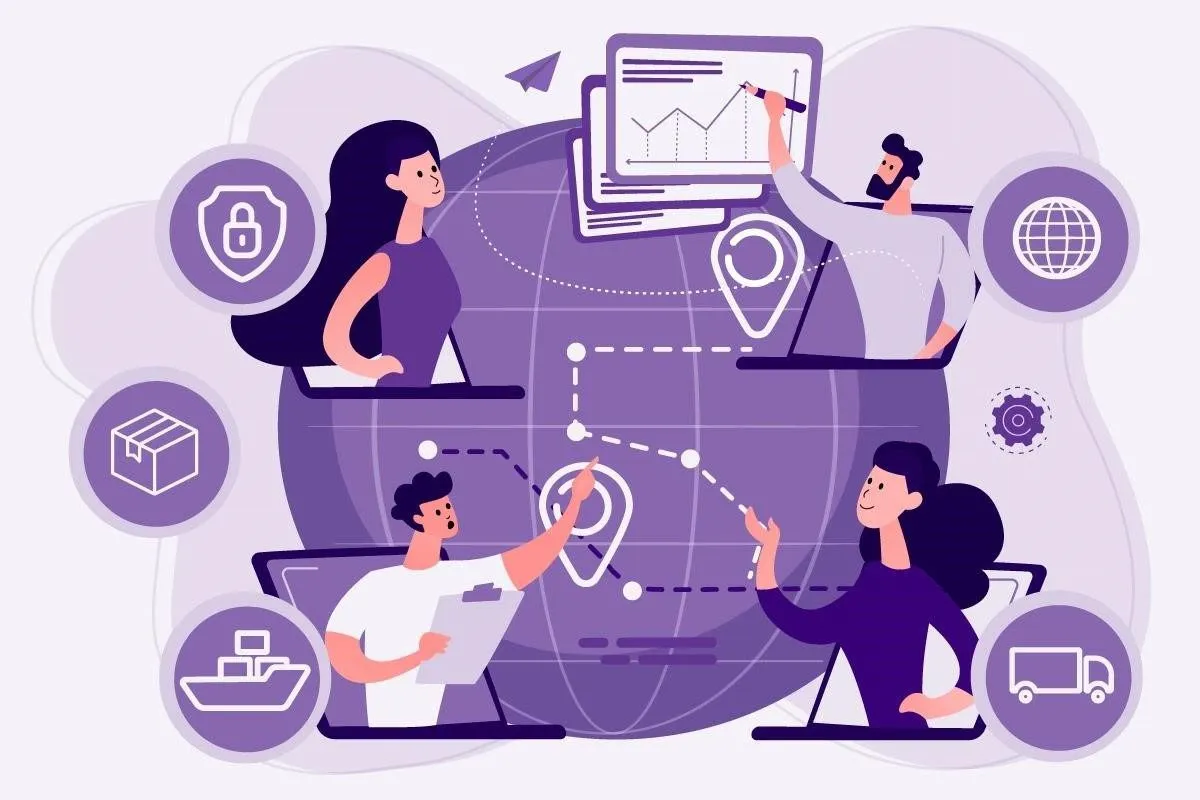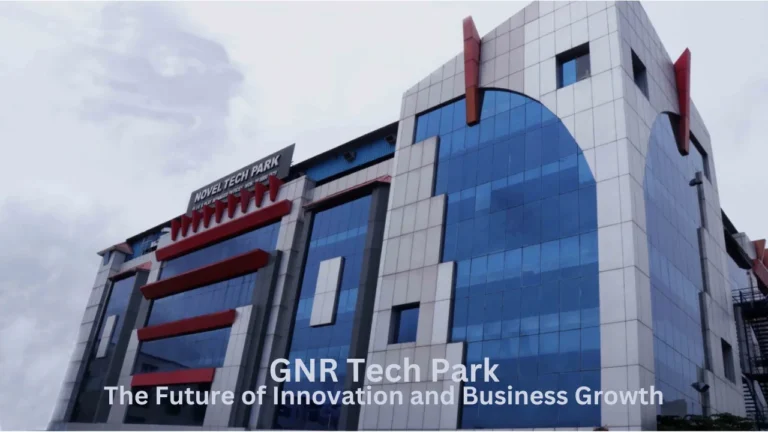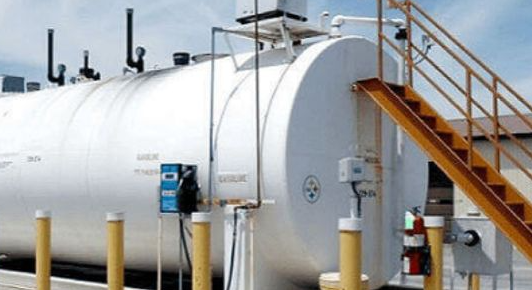The Role of IT Strategy in Modern Logistics: Key Considerations for Consultants

Contents [show]
Introduction
The logistics industry is undergoing a massive transformation driven by digitalization, automation, and artificial intelligence.
As supply chains become more complex and globalized, businesses must integrate robust IT strategies to enhance operational efficiency, reduce costs, and improve customer satisfaction. IT strategy consultants play a crucial role in guiding logistics companies through this digital evolution.
This article explores the essential elements of an effective IT strategy for logistics, key technologies shaping the industry, and best practices for logistics IT strategy consultants working in this domain.
The Importance of IT Strategy in Logistics
An effective IT strategy in logistics serves as the foundation for efficient operations, enabling businesses to optimize supply chain management, streamline processes, and mitigate risks. Without a well-defined IT strategy, logistics companies may face challenges such as system inefficiencies, data silos, and cybersecurity threats.
Key benefits of a strong IT strategy include:
- Improved Operational Efficiency – Automating repetitive tasks and integrating digital platforms reduce errors and improve workflow management.
- Enhanced Visibility and Tracking – Real-time tracking of shipments and fleet management using IoT and GPS technologies ensure better coordination.
- Cost Reduction – AI-driven demand forecasting, route optimization, and warehouse automation minimize wastage and lower operational costs.
Key Technologies Transforming Logistics IT Strategy
1. Cloud Computing and SaaS Solutions
Cloud-based solutions offer logistics companies scalability, flexibility, and cost savings. Software-as-a-Service (SaaS) applications provide supply chain visibility, transport management, and warehouse management functionalities without requiring heavy infrastructure investments.
Consultant’s Role: Guide companies in selecting and implementing the right cloud solutions that align with their operational needs and growth strategies.
2. Artificial Intelligence (AI) and Machine Learning (ML)
AI and ML power predictive analytics, demand forecasting, and process automation. These technologies help optimize inventory management, enhance customer service through chatbots, and improve route planning.
Consultant’s Role: Identify AI-driven tools that can automate decision-making processes and improve efficiency.
3. Internet of Things (IoT) and Real-Time Tracking
IoT-enabled sensors on trucks, cargo, and warehouses provide real-time data on temperature, humidity, location, and movement. This technology is critical for industries such as pharmaceuticals and food supply chains.
Consultant’s Role: Ensure that IoT solutions integrate seamlessly with existing IT infrastructure and provide actionable insights.
Best Practices for IT Strategy Consultants in Logistics
1. Assess Current IT Infrastructure
Before implementing new technologies, conduct a thorough assessment of the existing IT landscape. Identify gaps, inefficiencies, and areas for improvement.
2. Align IT Strategy with Business Goals
An IT expert should support the company’s long–term vision. Whether the goal is cost reduction, improved customer service, or expansion into new markets, the IT roadmap must align with these objectives.
3. Focus on Data Integration and Interoperability
Many logistics firms operate on legacy systems that do not communicate effectively. IT consultants should focus on integrating disparate systems and ensuring seamless data flow across departments and partners.
4. Implement Scalable and Agile Solutions
Scalability is crucial in logistics due to fluctuating demand. Cloud-based and modular IT solutions provide flexibility and adaptability to changing business needs.
5. Prioritize Cybersecurity and Compliance
Cyber threats such as ransomware attacks and data breaches pose significant risks to logistics firms. Implementing robust cybersecurity measures and ensuring compliance with regulations like GDPR and CCPA are critical.
Conclusion
The role of IT strategy in logistics is more critical than ever as the industry continues to embrace digital transformation. IT strategy consultants must understand the latest technological trends, align IT initiatives with business objectives, and implement solutions that drive efficiency, security, and profitability.
By leveraging emerging technologies such as AI, IoT, blockchain, and RPA, logistics firms can enhance their competitive advantage and meet the evolving demands of the global supply chain.





